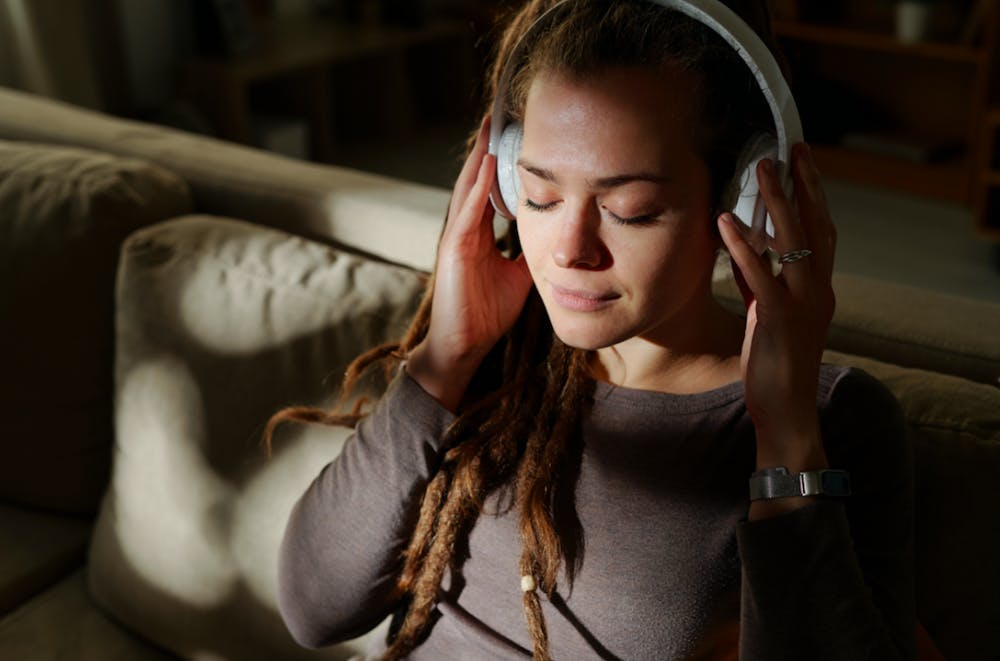By Jenna Hart
Staff Writer
The College’s School of the Arts and Communication partnered with Robert Wood Johnson University Hospital (RWJUH) to build upon the hospital’s existing holistic arts programs. The program, which currently includes wellness treatments such as art therapy, meditation, pet therapy and reiki, is now expanding its branch of music therapy.

The nine students enrolled in the College’s interactive multimedia and music course “User-Centered Musical Design” are utilizing innovative online music therapy experiences for cancer patients. Alongside Associate Professor Teresa Nakra, students are working together to design an app for musical exploration that cancer patients can use while undergoing chemotherapy infusions.
“TCNJ students have a great capacity for creativity and innovation, and I see my role as helping them to unlock their own potential,” said Nakra, who also serves as the coordinator for the College’s interdisciplinary minor in music technology. “With all of the disruption and suffering that Covid-19 has caused, it has also provided us with a real-world design challenge: how to provide high-quality, engaging, online experiences for patients going through a real health emergency.”
She hopes that her students will come away from this experience with a new appreciation for the positive impacts that they can make in another person's life, and that the patients will derive hope from the students.
“I am thrilled RWJUH Hamilton is collaborating with The College of New Jersey and their students to further explore the benefits of music on healing for our cancer patients,” said Vice President of Health Promotion at RWJUH Hamilton, Diane Grillo. “This is truly a unique opportunity to learn how music can calm anxiety, perhaps ease pain and provide a diversion during chemotherapy or other cancer treatment.”
This fall, the students worked on the app together utilizing code, user experience research, music and visual arts. The app reflects the hospital's initiatives towards integrative medicine programs and holistic approach to healthcare, as it includes functions for musical engagement.
The team was investigating traditional methods of music therapy and conducting informal user testing of the app through surveys and interviews, eventually aiming to roll out a full program in collaboration with patients and staff.
Everett Huynh, an interactive multimedia major and student in “User Centered Musical Design,” is working with classmates on the coding portion of the project. Huynh holds a strong connection to music and believes it is powerful. “I wanted to use my skills and passion for music to benefit others through music therapy,” he said.
One of the nine other students is Andrew Rosen, a business management major with a music tech minor, who is creating music for this project which he shares a personal connection to. Inspired by his grandmother who is a cancer survivor, he has seen the importance of a positive mindset.
Rosen, who understands the hardships of what patients and families go through in these situations, said he is “honored to have the ability to provide patients with a sense of hope and comfort during this process by listening to music.”







